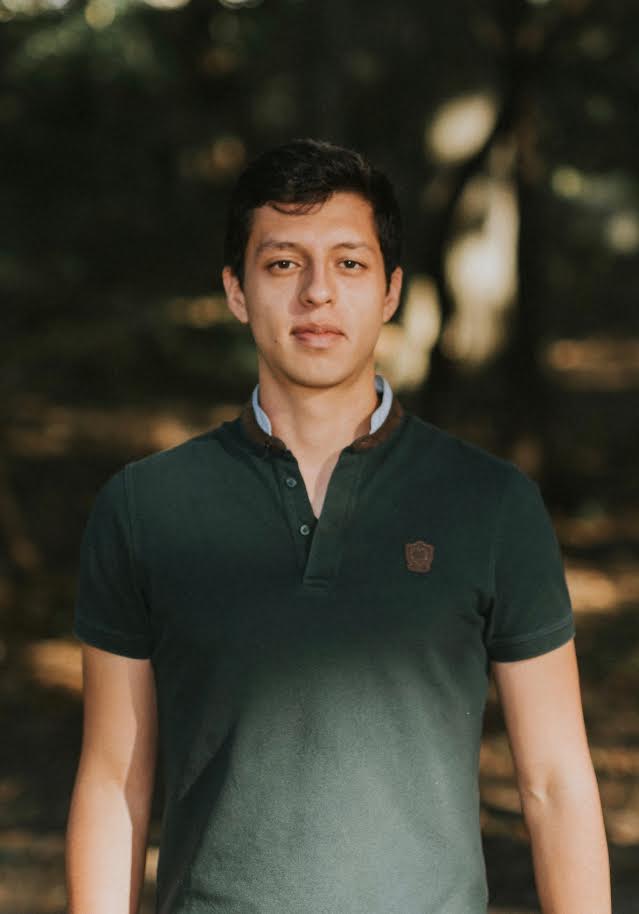
Name: Juan José Guzman
Field of Study: Economics and Sustainable Development
Expected Graduation: 2019
Summer Program: Global Scholars Program of Columbia University
Program Location: Latin America
Relevance of the Program:
Born and raised in Bogotá, Colombia, and a tennis and saxophone enthusiast, Juan José Guzman is currently a sophomore studying in Economics and Sustainable Development at Columbia University. While studying at the Anglo Colombian School in Bogotá, Juan José became specially interested in learning about the tumultuous history of his home country. This sparked in him the desire to learn and engage with Colombia by joining social work initiatives after which he founded the Kaitum Foundation which seeks to promote social interest projects in Colombia. Following the footsteps of his father, Juan José began studying economics in high school being convinced that this was the “way out” of poverty and conflict in Colombia. At Columbia, he is part of the Undergraduate Committee on Global Thought, group established by President of the university Lee C. Bollinger to promote the engagement of issues considered to be of global importance, as lead of the Global Thought Video Project. He is also a senior editor of the Consilience Journal for Sustainable Development at Columbia and is currently the Vice-President of Columbia PorColombia, the undergraduate group that fosters and promotes Colombian culture and knowledge on campus. Continuing his conviction with serving those in need, Juan José will travel this summer to more than 5 Latin American Cities, to conduct research on sustainable forms of urban transportation as part of the Global Scholars Program of Columbia University, an opportunity made possible in part by the generosity of the Bruce Alan Ebersole Scholarship.
Recap of Juan’s Experience:
Thanks to the generosity of the Bruce Alan Ebersole Scholarship Fund, I had the fortune of attending the Global Scholars Program offered by Columbia University in five Latin American cities: Rio de Janeiro and Sao Paulo in Brazil, Montevideo in Uruguay, Buenos Aires in Argentina, and Havana in Cuba.
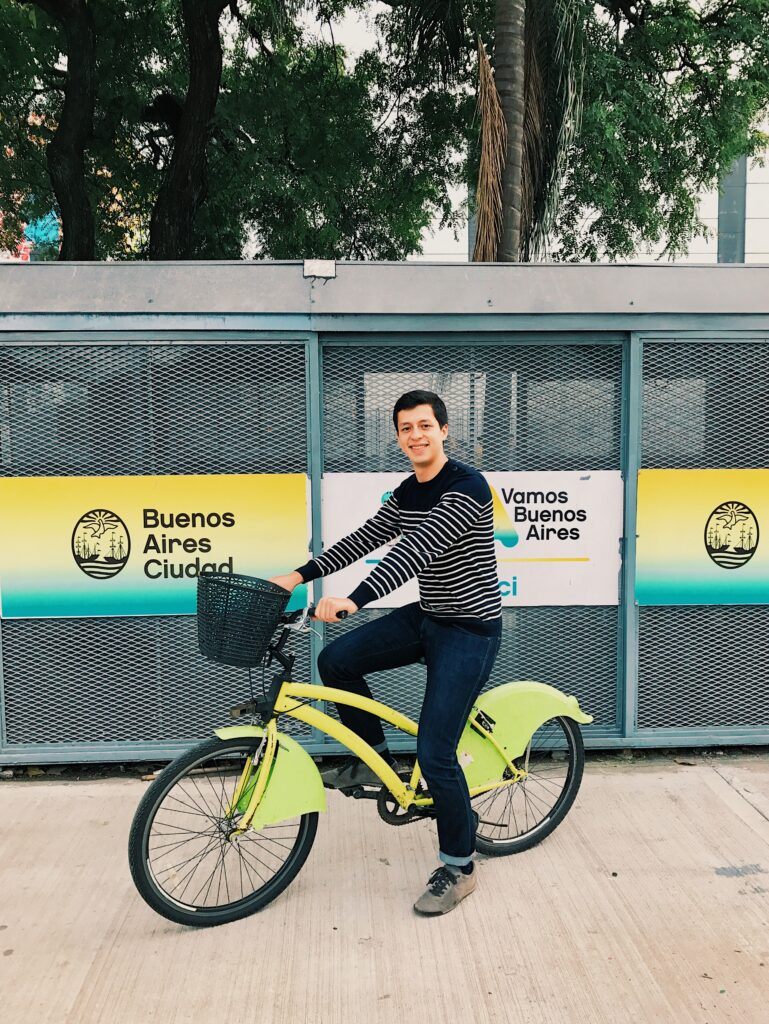
Spanning the course of two semesters, the Global Scholars Program (GSP) focused on the analysis of the architectural, urban, sociological, historical and economic phenomena present in various cities across central and south America. Being one of the most urbanized regions in the world, the academic study and physical exploration of the cities is not an easy one. To understand the complexity of the spatial and socio-economic dynamics present within Latin American cities, one needs to approach the issue from an academic perspective paired with an experiential component; this was the goal of the program.
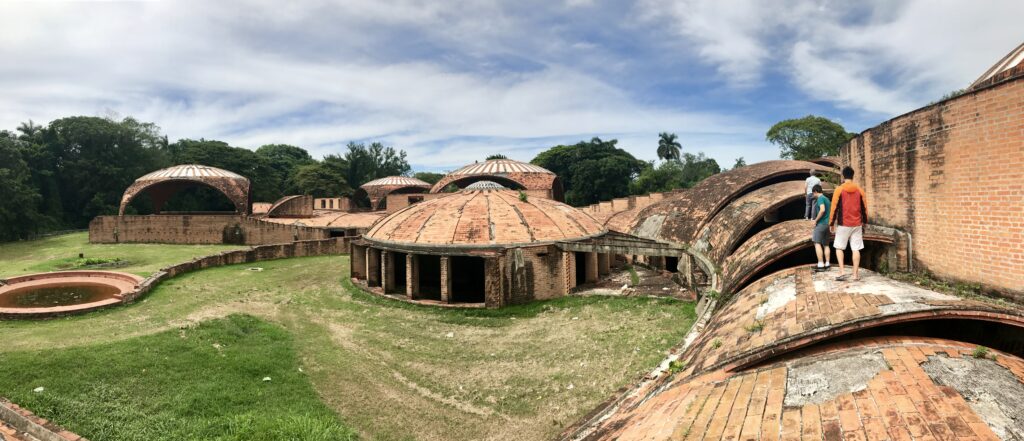
By first studying the history and background of these cities during the spring semester, we later travelled during the summer to experience these clusters of people and complexities face-to-face. In Rio de Janeiro, we were able to learn about how a small port settlement became the capital city of an empire hosting the Portuguese royal family during the 19th century, and how war and conflict was the origin of the infamous “favelas.” By visiting sites such as the Cristo Redentor in the Corcovado mountain, one could observe how a city could devour a jungle and still maintain its natural beauty. Walking past towering luxury condominiums to then enter the forgotten streets of the various favelas around the city, I experienced an all too familiar setting whereby in my native Colombia just as in Brazil, one also sees the absurdity of unequal prosperity and abundance in countries where admirable economic growth was the norm ten years ago. By attending lectures at the Columbia Global Center in Rio, and the experimental “Studio X” architecture and urbanism project, we learned about the influence Brazilian architects such as Roberto Burle Marx and Oscar Niemeyer had on the development of 20th century urban spaces across the world.
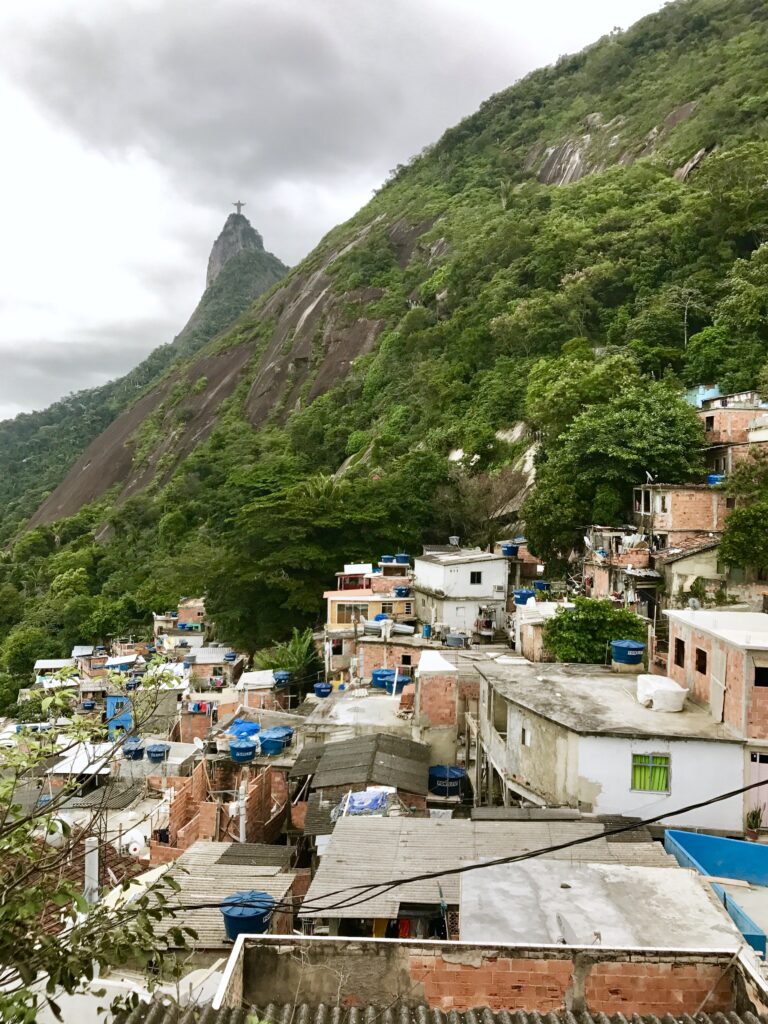
As the program progressed and we left the hustle and bustle of Sao Paulo, where we had learned about the challenges of making a sprawling city of almost 15 million people, a sustainable urban space where public transportation currently grows against the outdated conception of car-oriented infrastructure.
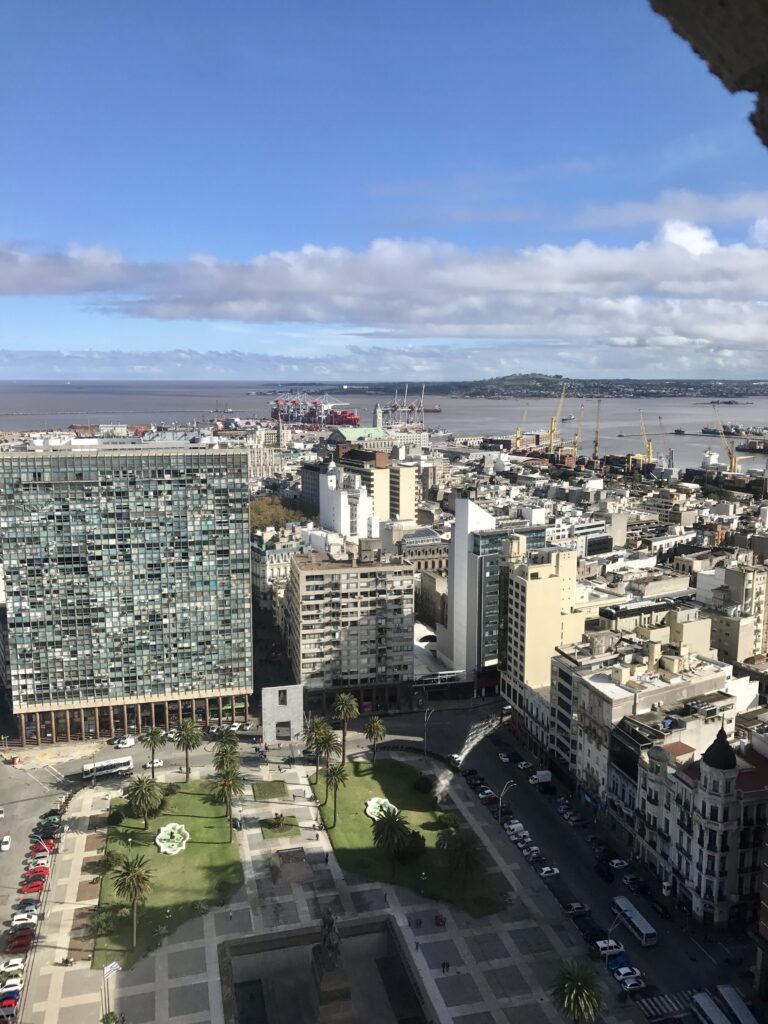
While in Montevideo in Uruguay, we learned about how an inverted population pyramid, has made young people like myself a rarity on the streets, and how in a seemingly progressive society, the American consumerist life-style I had observed in Brazil was nowhere to be seen.
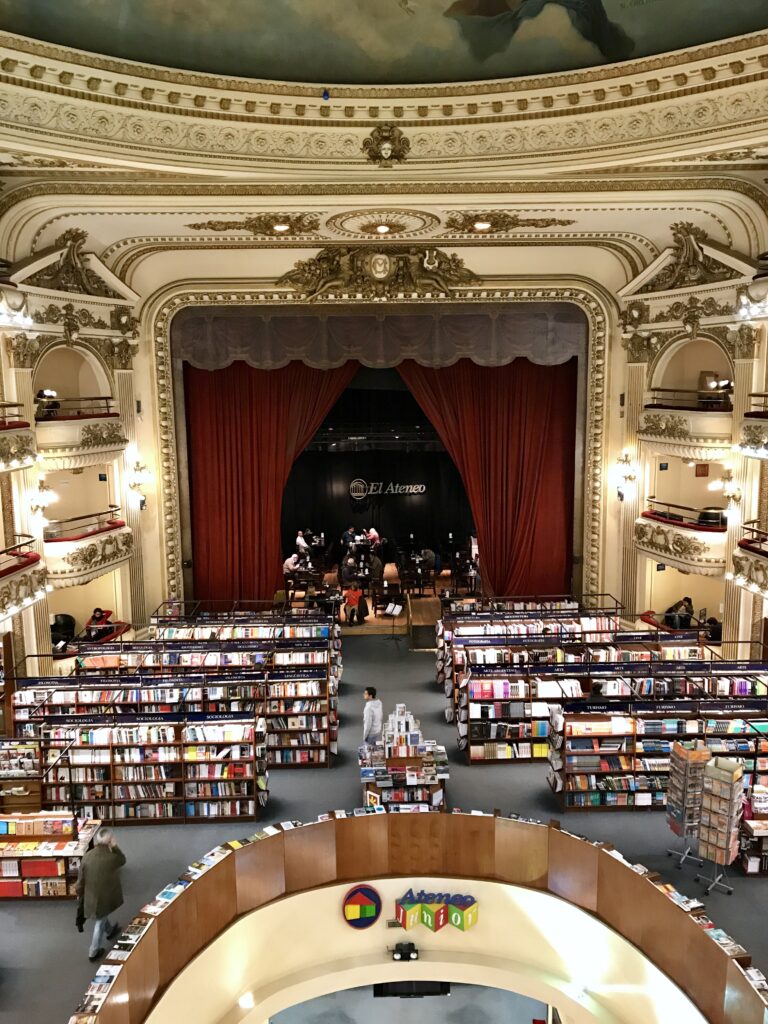
Taking a ferry across from the town of Colonia del Sacramento through the River Plate, we entered a city I had studied extensively for its outstanding development of an extensive network of bicycle paths during the last six years. Enchanted by Tango, and the eclectic architecture of its European streets, Buenos Aires reminded me of the long days I had spent in High School reading the works of giants like Julio Cortázar and Ricardo Piglia, whose works of Latin American literature were set in the city of the good air. By actually experiencing the EcoBici bicycle infrastructure system, I was able to also experientially test the conclusions of the paper I had written some weeks before my travels, knowing that it is not very often that one can do this.
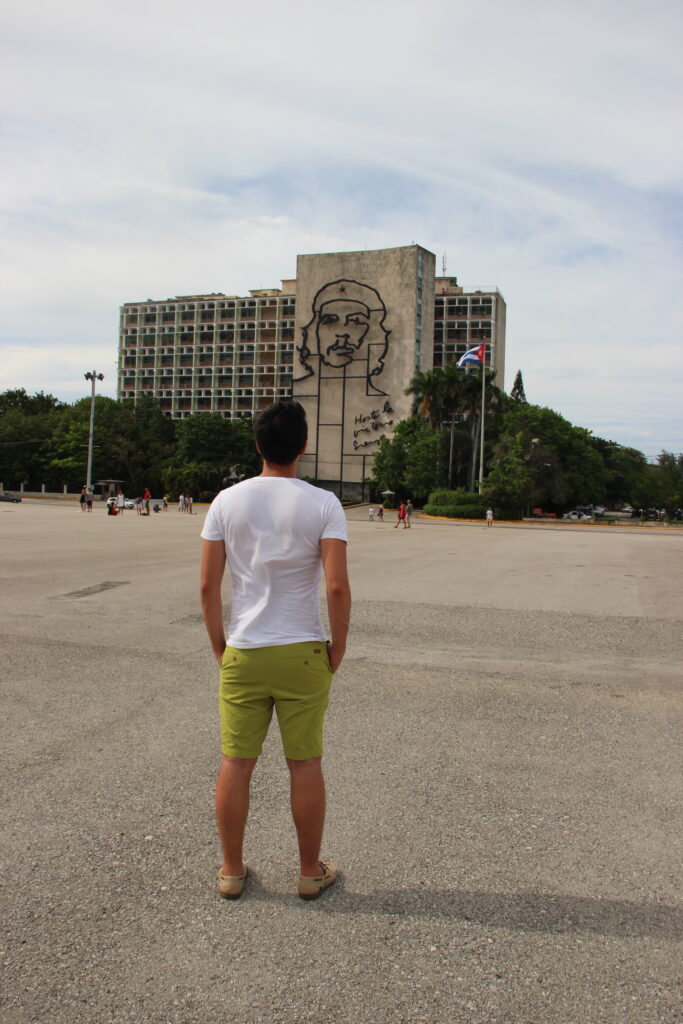
The GSP came to a closure with a week spent in the capital of Cuba, the city of Havana. An extremely influential city in the history of my country, Havana had been the place were just some months ago the peace talks between the FARC-EP guerrilla and the Government of Colombia had concluded. Beyond the stereotypical preconception of Cuba being a “country trapped in time” I found myself experiencing the people held hostage by a system most of them did not choose, but a system that has given them just as many benefits as it has taken away from them.
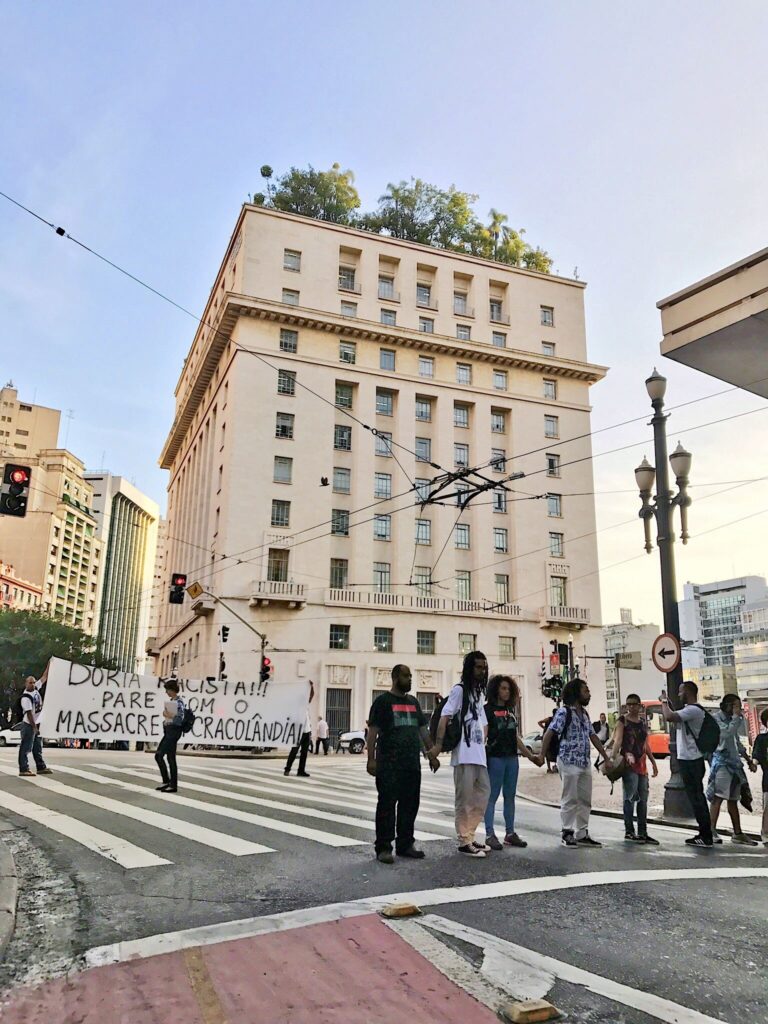
An experience from which I can write endlessly, the GSP on Latin American Cities would have been out my reach if not for the kindness of the Bruce Alan Ebersole Scholarship Fund. For the support and the faith the fund had on my project to learn a little more about the region where I’m from, all I can say is thank you.